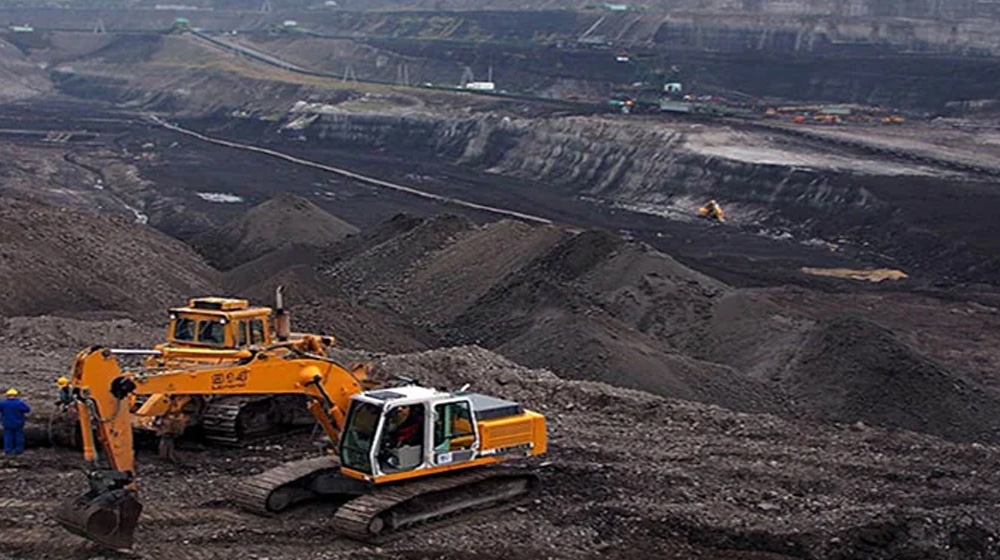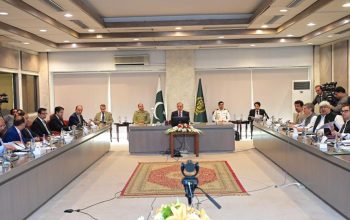Sindh Chief Minister Syed Murad Ali Shah has called on Federal Finance Minister Muhammad Aurangzeb to address the financial challenges facing the Thar Coal project.
In a letter to the finance minister, he said that Thar Coalfields, since 2019, have been instrumental in generating electricity through an indigenous energy source which is also the cheapest source of electricity. However, financing constraints are hampering its future expansion.
According to the latest data from the National Transmission & Distribution Company, the weighted average cost of generation through Thar coal was Rs. 4.3 per kilowatt-hour, the lowest for base load electricity generation. Annually, the mines at Thar Block-I & II have been producing over 15 million tonnes of coal.
“Currently, we have more than 5,000MW of coal-fired power plants that rely on imported coal, including our cement industry. By replacing imported coal with local sources, Pakistan could save more than $3 billion alone in foreign exchange,” the chief minister stated in the letter.
Furthermore, the federal government is developing the “Sustainable Coal Utilization Policy 2024”, to optimize the use of Thar coal for various purposes including conversion from coal-to-fertilizer, coal-to-gas, and coal-to-liquid.
A potential conversion of imported coal power plants to indigenous sources, and simultaneous expansion of mines, would require an estimated incremental capital of $2+ billion, in a mix of both PKR and USD. It is to be noted here that two open pit mines at Thar have already been developed with CPEC’s funding, and the same can be expanded at a fraction of the cost of the first phase and in the least amount of time.
Economic growth, driven by industrial expansion, requires affordable energy available easily. Thar coal can significantly contribute to this need, Shah reiterated.
“A major barrier to increasing Thar coal production is to access financing from Pakistani banking channels,” he said.
He attributed this to liquidity constraints, circular debt, and the country’s climate goals, which make it difficult for Thar’s power plants to secure funding.
Scheduled banks need to fund projects
He proposed that the Ministry of Finance and the State Bank of Pakistan (SBP) assist in industrialization, foreign currency conservation, and energy security by mandating all scheduled banks to fund projects, focusing on indigenous energy sources, especially Thar Coal. This could be implemented through banks being allocated lending percentages, while banks increase their loans to indigenous energy projects to one percent of deposits by June 2024, and up to three percent by June 2027.
He suggested that any shortfall from this mandate be placed as an interest-free deposit with the State Bank. Additionally, the ministry and SBP could establish a separate lending window for local coal mining and power projects, distinct from the already stressed power sector.
“Thar coal has proven its ability to significantly reduce generation costs, and additional capacity will have a lower capital cost as production scales up. To ensure energy security and promote industrial growth, affordable energy is essential for the country and Thar Coal is ready to provide this,” stated the chief minister in the letter.
He also recommended forming a working group to plan the implementation of the proposed interventions.
The post Sindh CM Urges Center to Address Financial Challenges Facing Thar Coal Project appeared first on ProPakistani.



